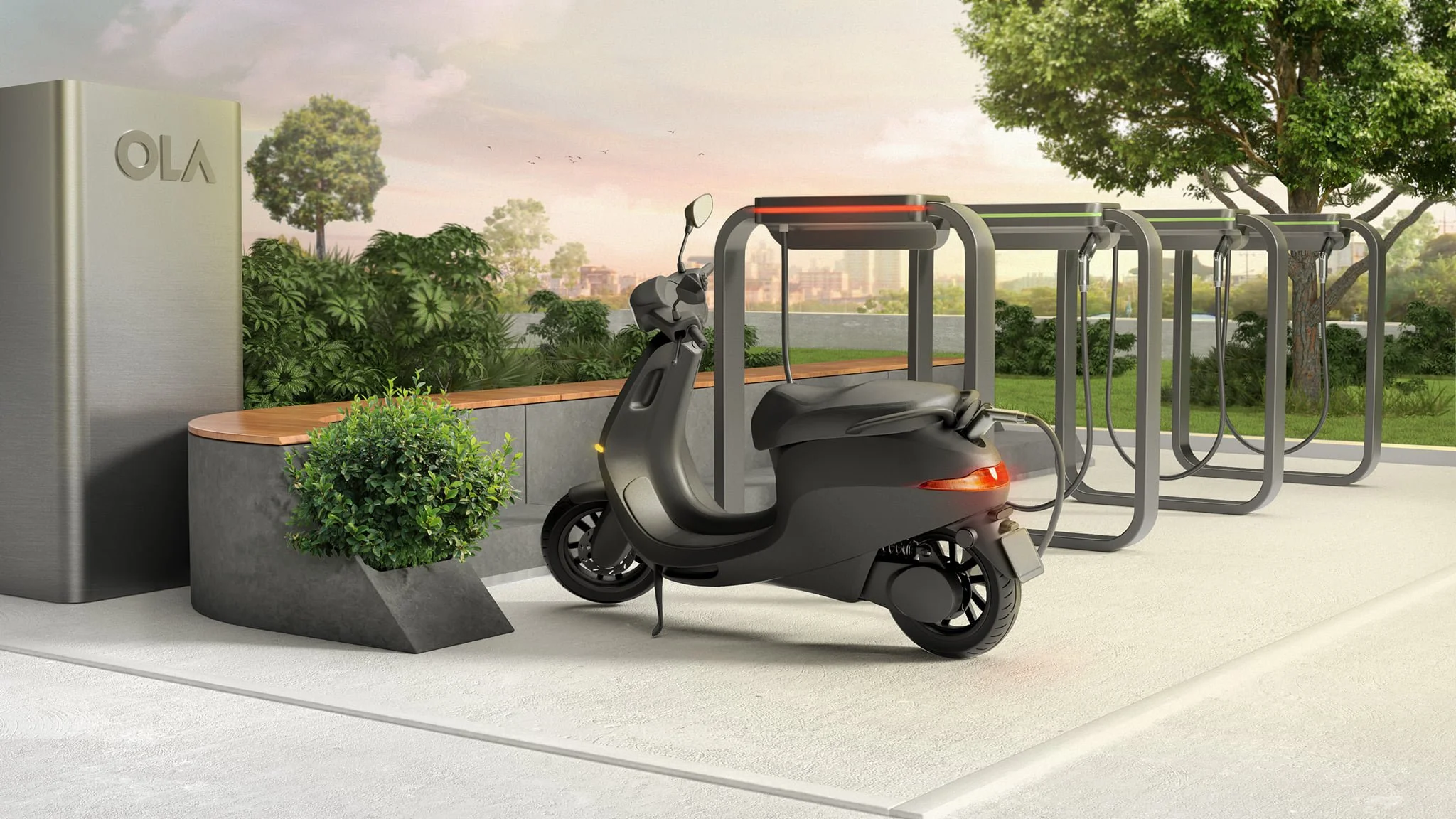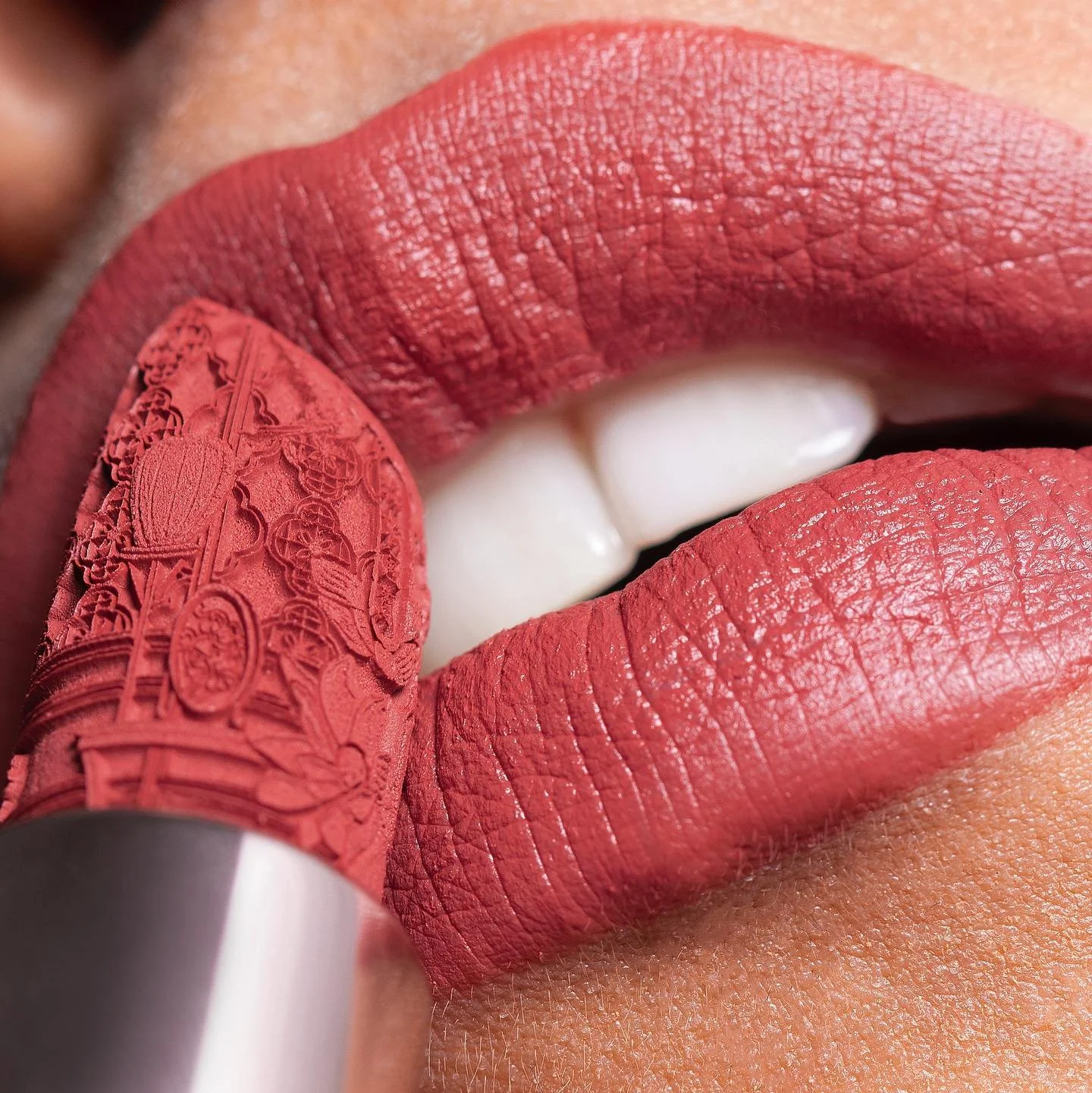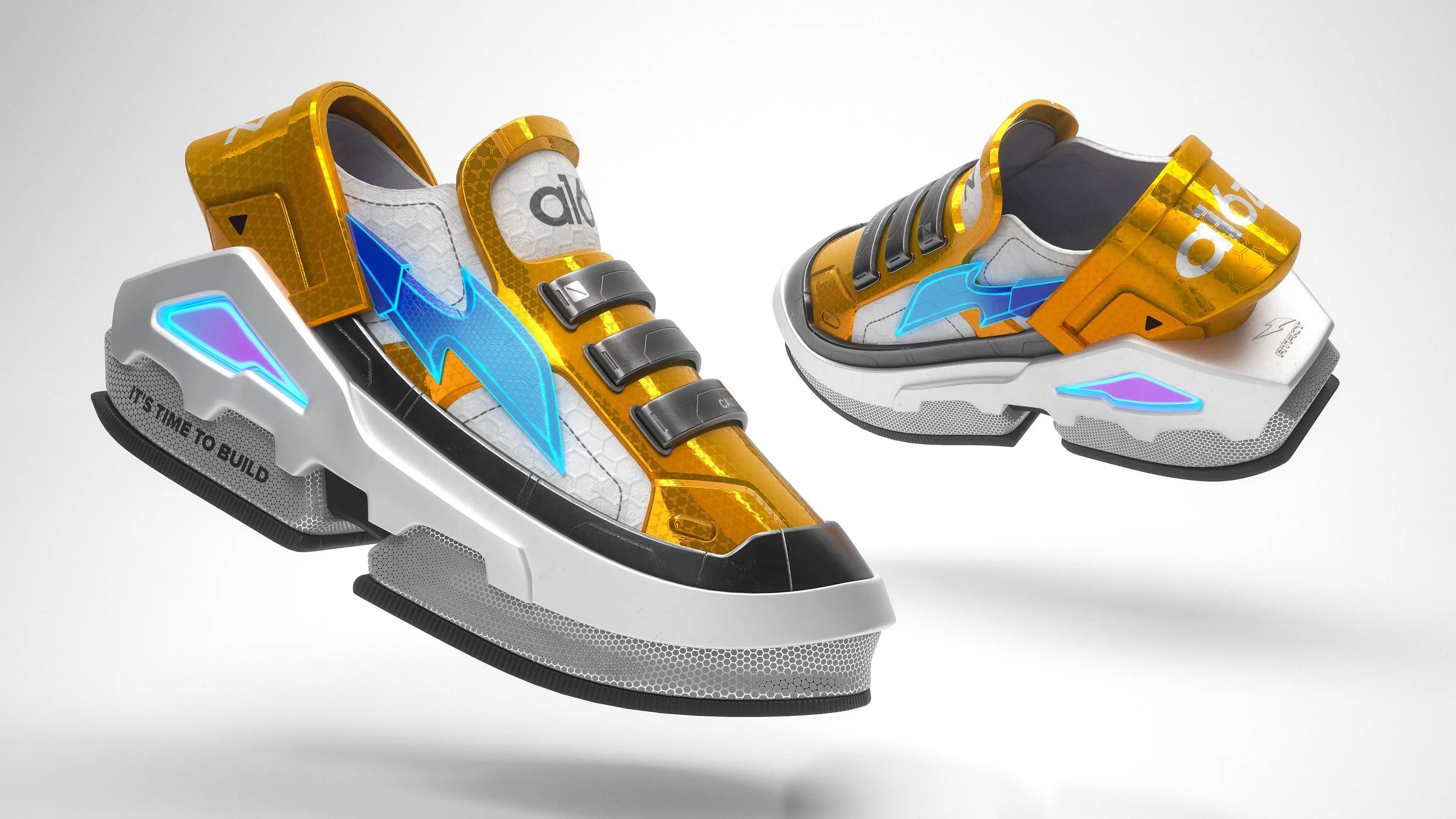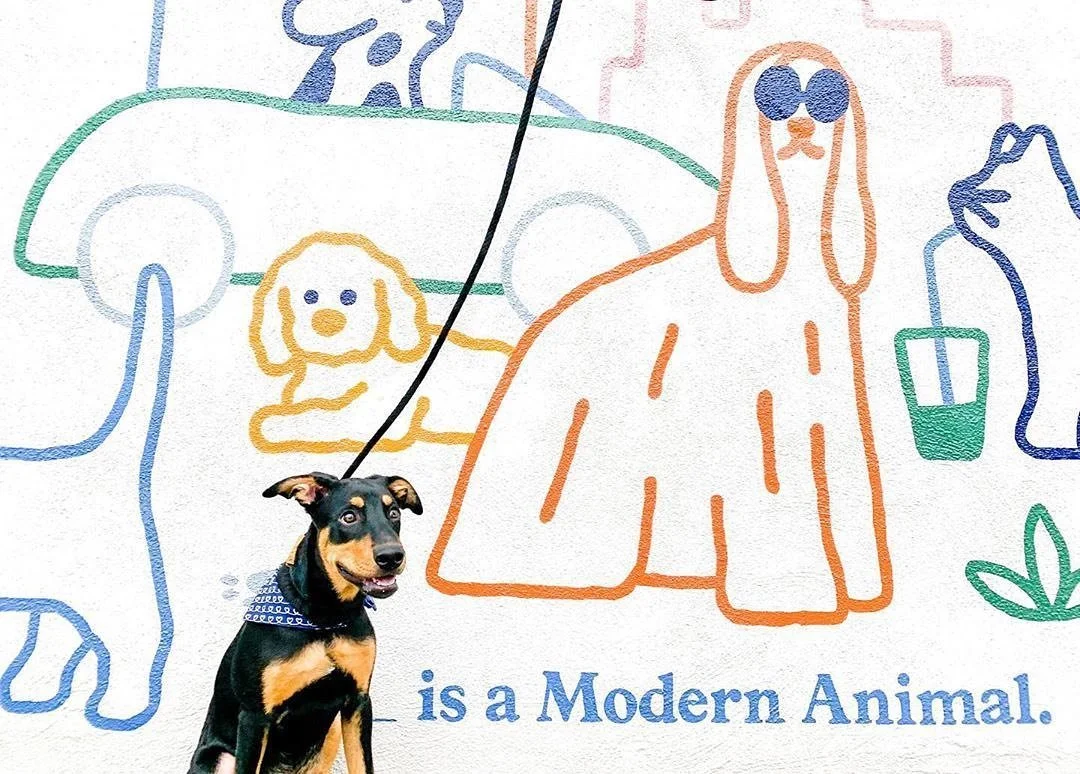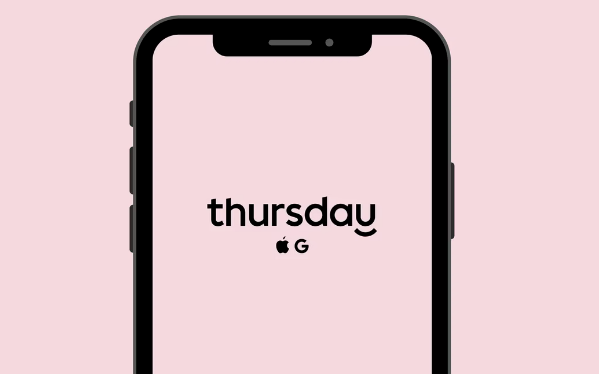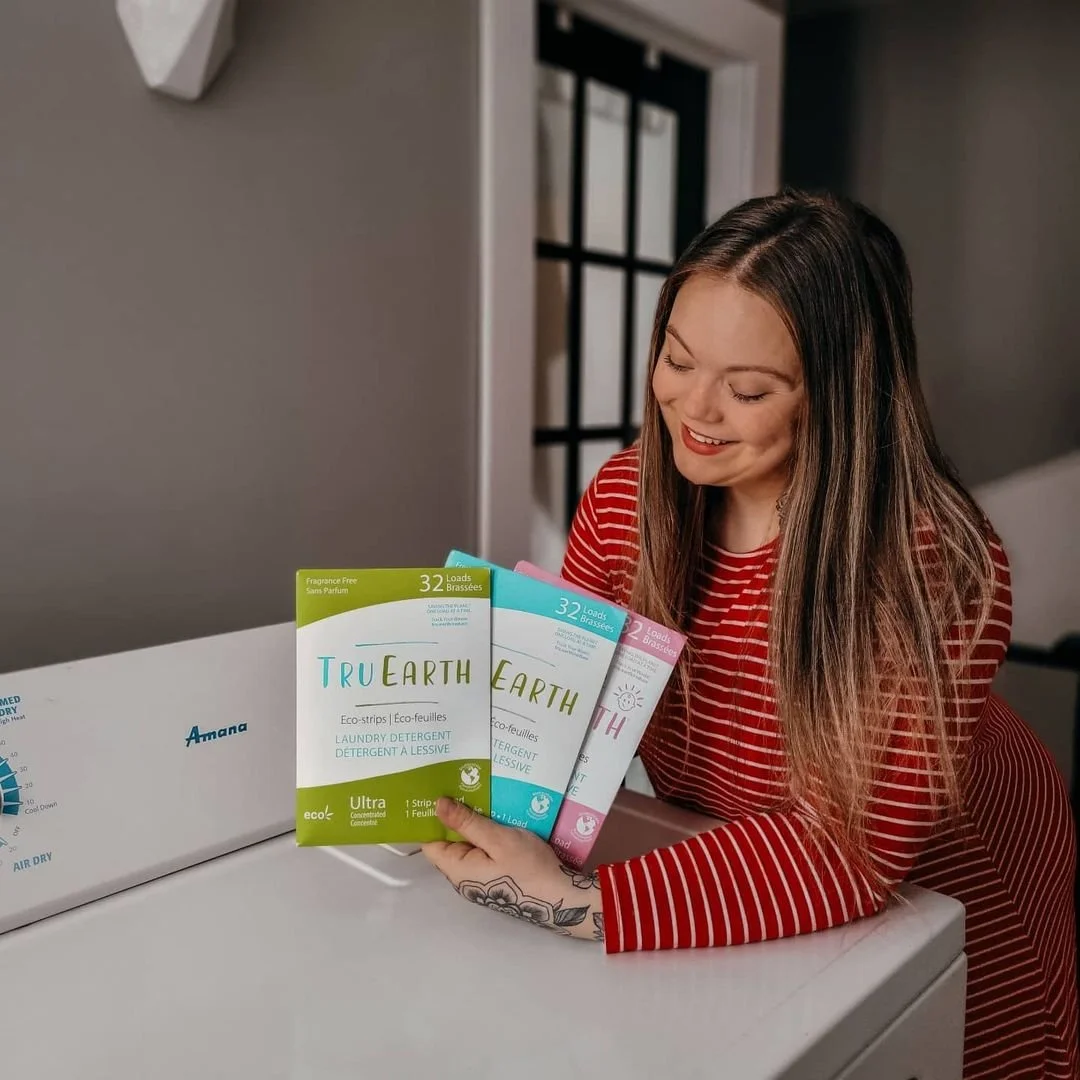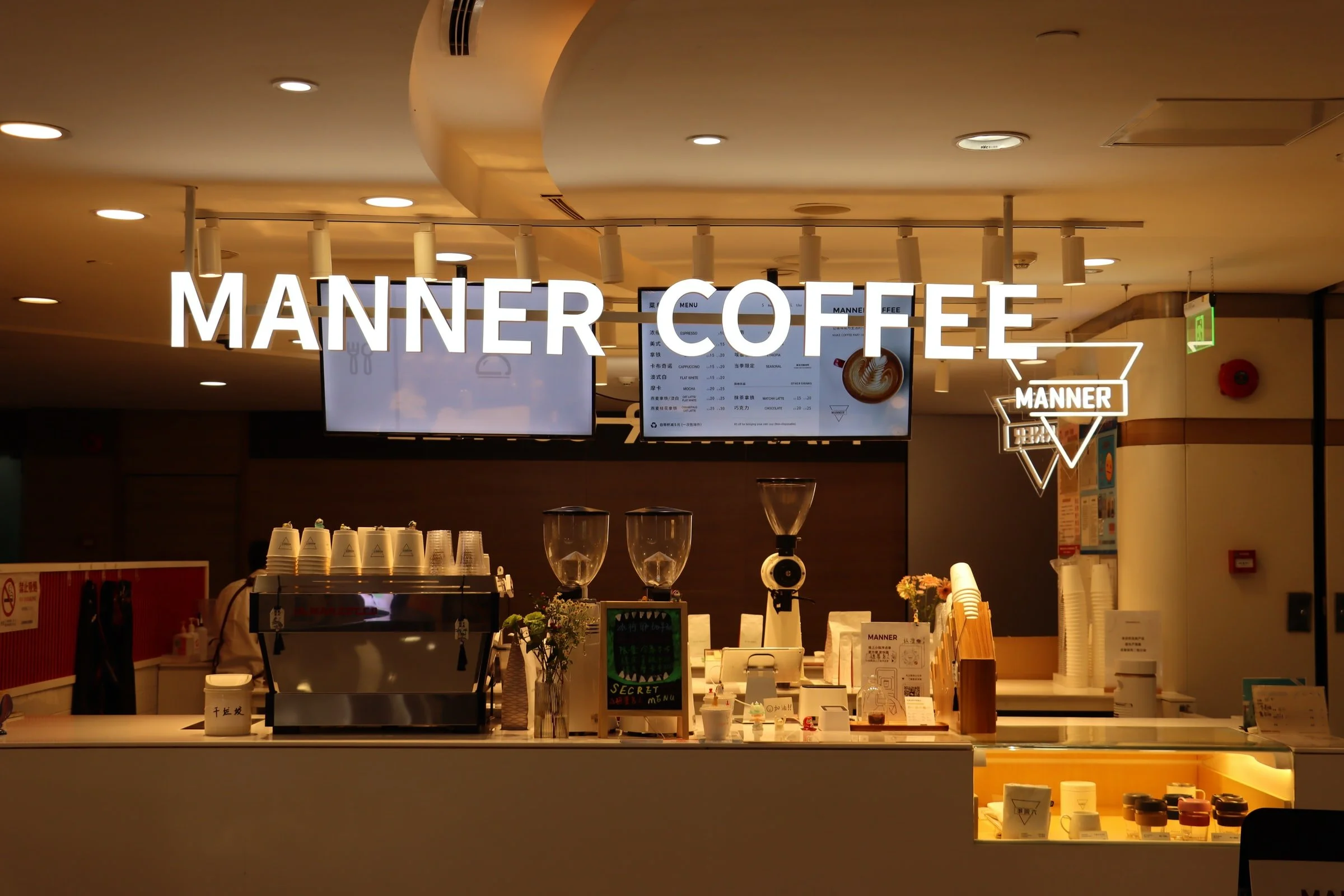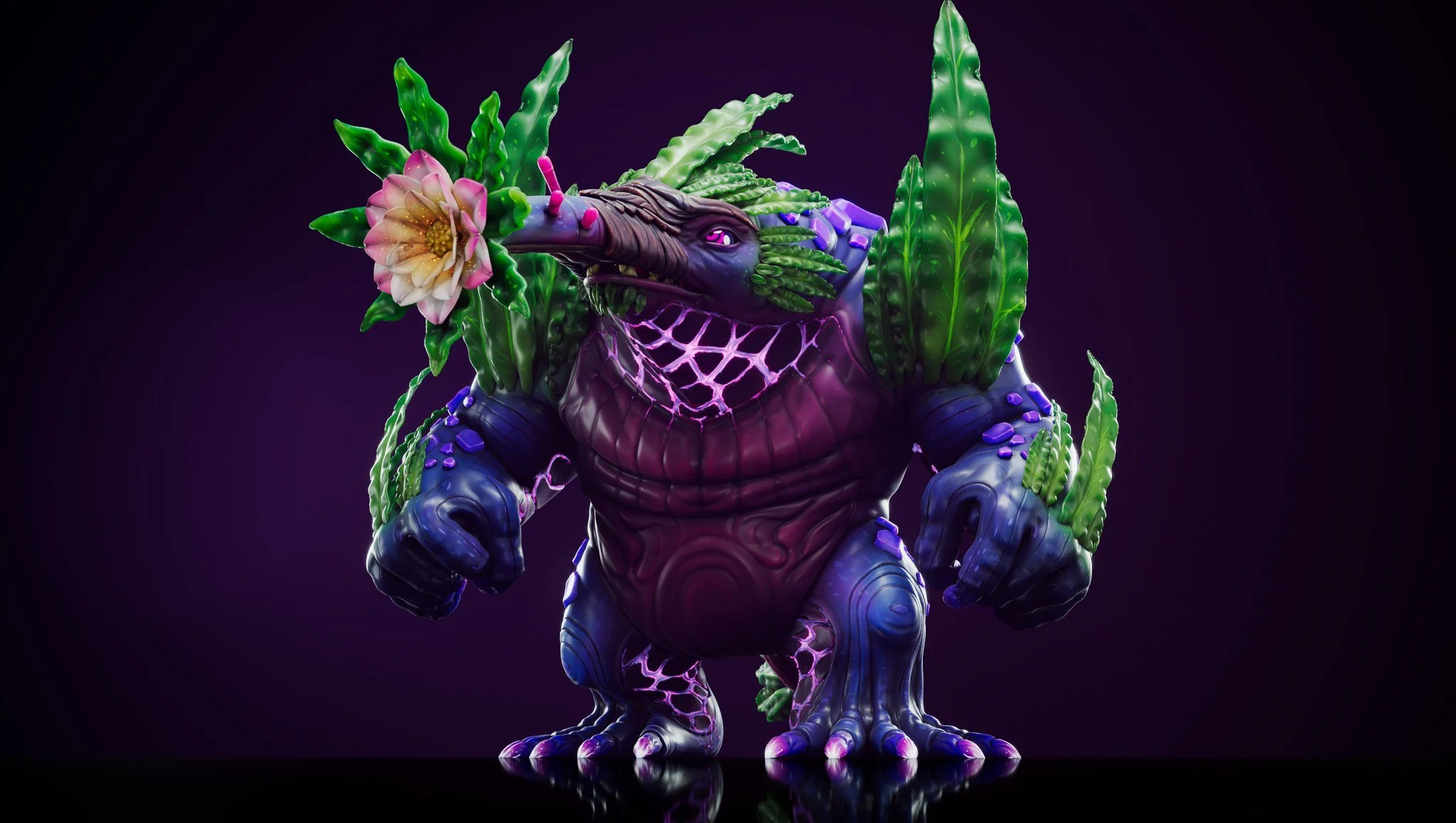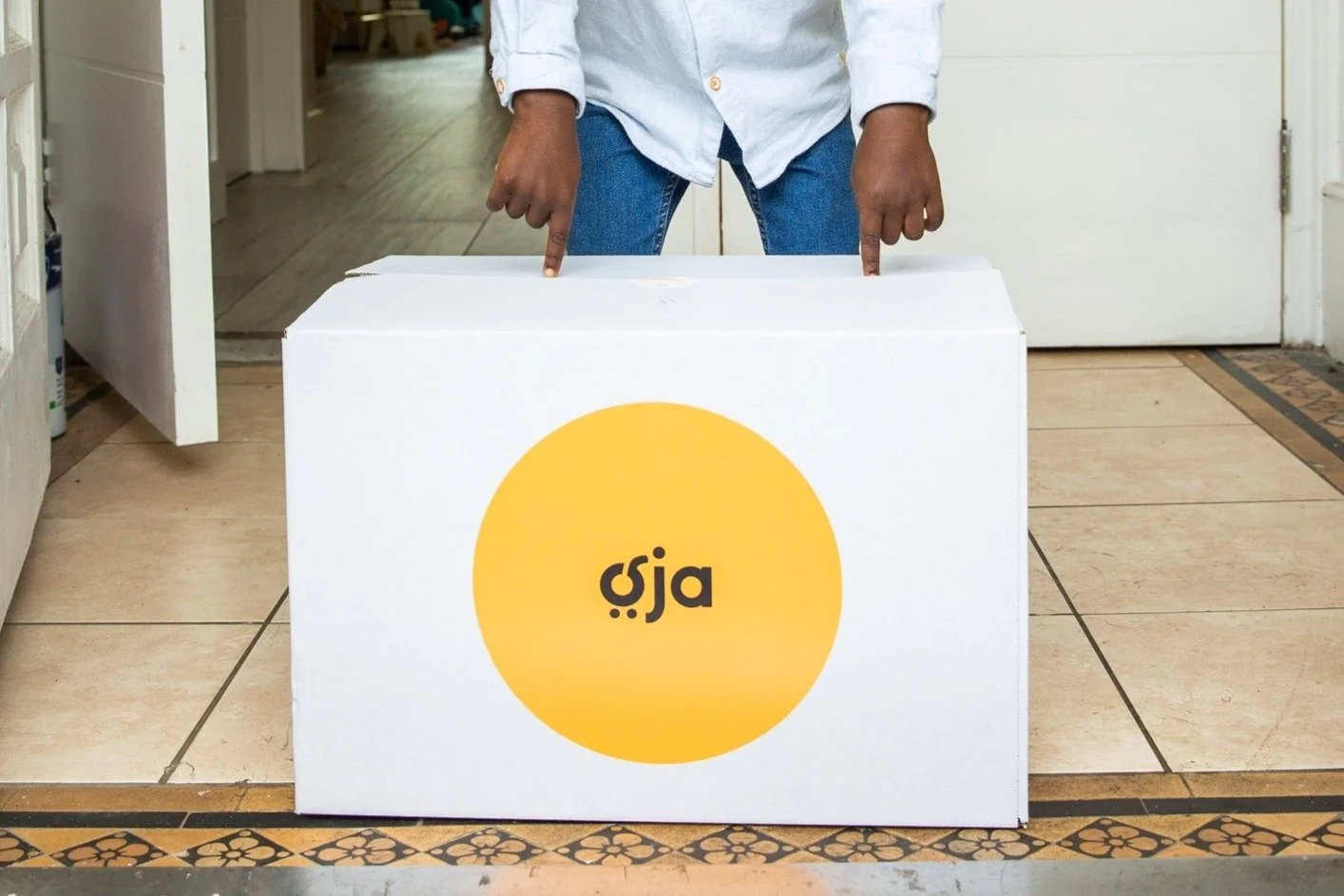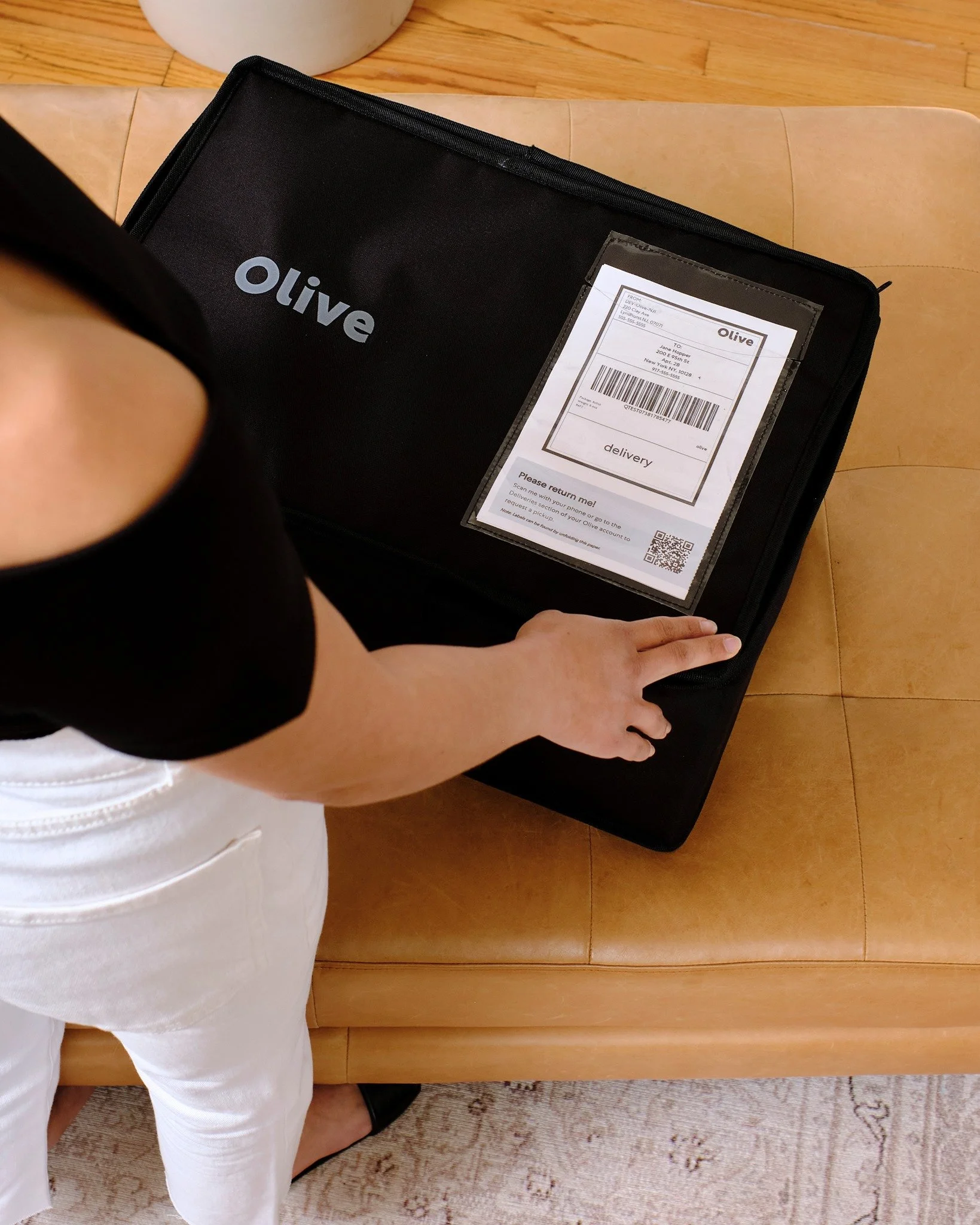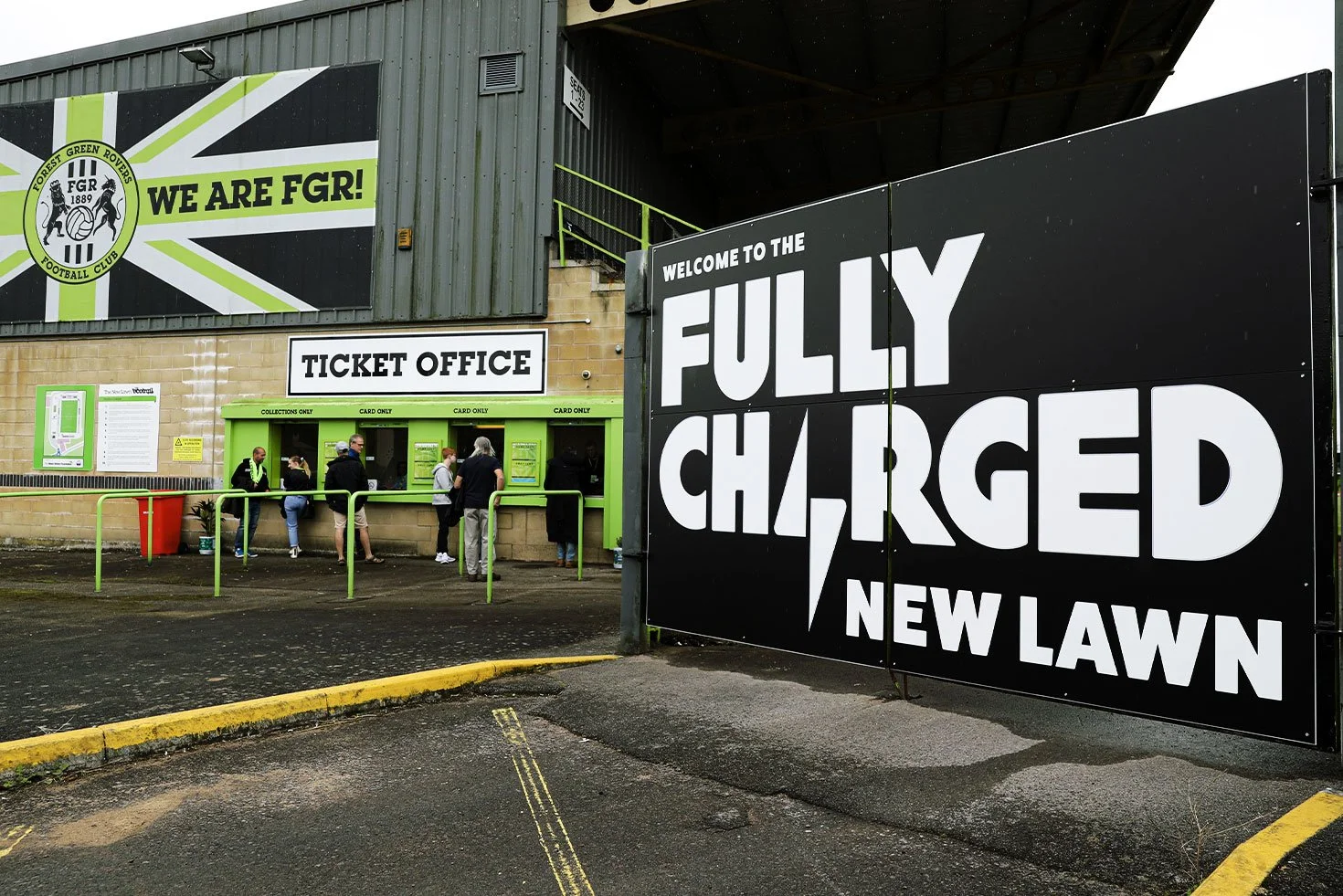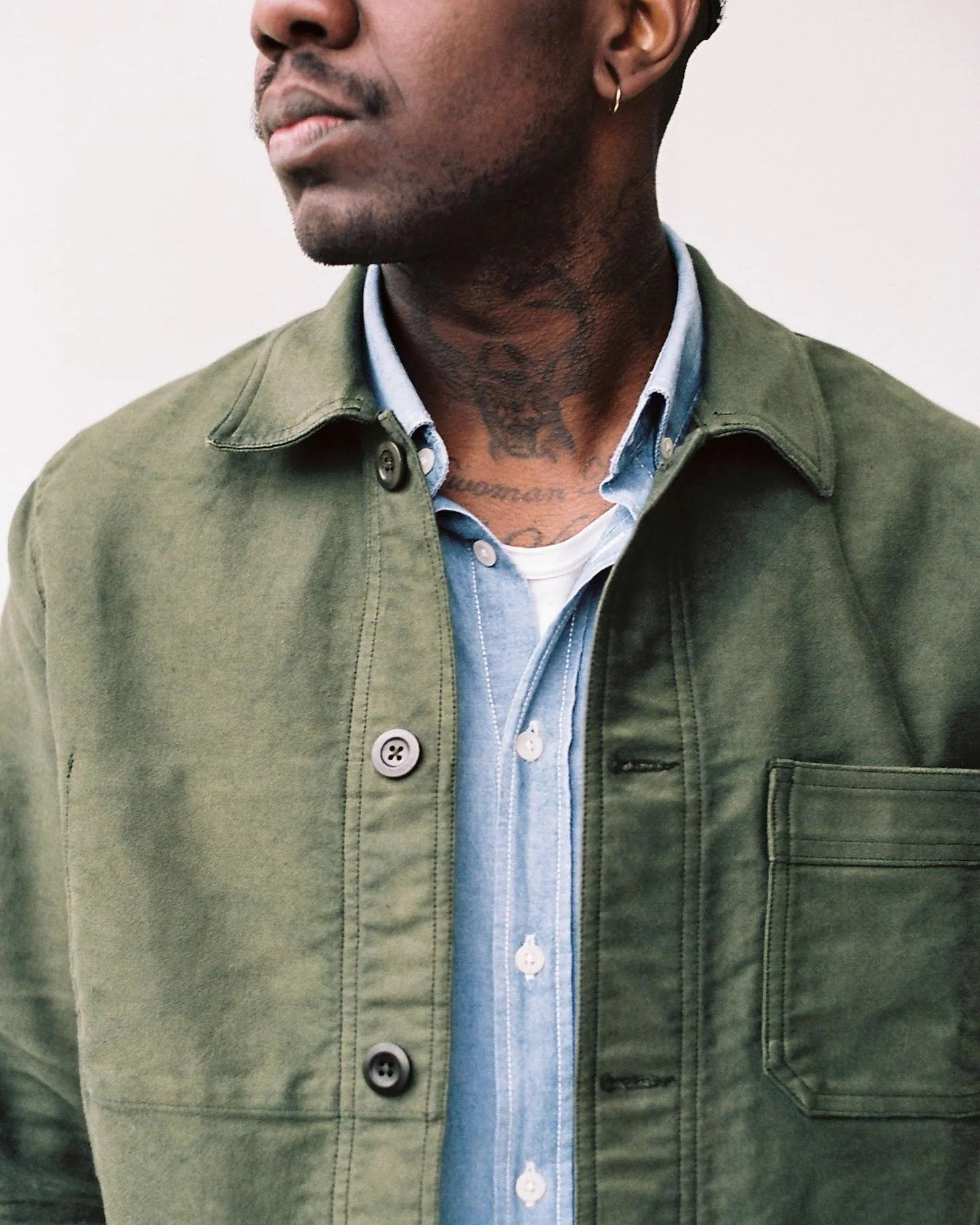Modern Animal — for next-generation vet services
It’s not new news that pets are big business these days. Post (or should I say mid) pandemic, we’ve all gone pet crazy (this author included).
According to the 2021-2022 APPA National Pet Owners Survey, 70% of US households own a pet, up from 56% in 1988, and the global market for pet care is predicted to reach $241.1bn by 2026. Serving this growing market of new pet lovers is an influx of challengers bringing something new and improved to the world of lovingly pampered cats, dogs, guinea pigs and goldfish; insect and plant-based food brands for sustainably-minded owners, subscription services for gourmet treats and flea treatments, tech-enabled collars and coordinating leashes, the modern pet lover is spoiled for choice.
Modern Animal is one of this new breed of next-generation challengers bringing a tech, design and people-first approach to the world of veterinary services. Founded by Steven Eidelman in 2019 after selling his previous start-up, pet wearables brand Whistle, to Mars for $117m in 2016, Modern Animal sets out to be ‘the first human-focused veterinary company’. While still small, with currently four locations across LA, a recent funding round (totalling $89m to date) is fuelling plans for rapid expansion, with around a dozen locations planned across California in 2022.
Crucially, at a time where competition for pet healthcare professionals is high, the brand’s stated mission ‘to better the lives of animals by building a place that’s better for all of us who love them’ is not just a promise to the pet-owner, but also to the vets themselves. Stress, long working hours, emotional drain, and burn-out has become commonplace, so to fix the ‘broken industry’ Modern Animal makes a clear promise to prioritise employee wellbeing; designing the working environments ‘behind-the-scenes’ to be as comfortable and beautiful as the waiting rooms out front, providing tech solutions to make tasks efficient and easy, and making a commitment to inclusion and diversity in what they refer to as the ‘whitest profession in America’. As Eidelman puts it, the holistic approach to progressing the category isn’t just about the pretty pastel locations, but from challenging at all levels:
“Our goal is to build a better, more sustainable career for veterinary professionals and a better, more human experience for pets and their owners by examining every nook and cranny of the industry and fixing any problem we can find.” (Modern Animal press release, PR newswire)
Modern Animal clinic, Los Angeles, California. Photo: @timhirschmann
And the approach seems to be working. You might think that opening your first bricks and mortar location in April 2020, during the pandemic lockdown, doesn’t sound ideal. However, despite the restrictions, Modern Animal’s addition of 24/7 telemedicine consultations helped the brand to survive and thrive since its launch. While members still pay for any services needed, a membership fee covers all consultations in person and virtual, lifting the barrier to getting preventative issues checked out early, and soothing the 3 am panic moments for the influx of new pet owners. This combination of inclusive check-ups and convenient video calls means that in 2021 the average Modern Animal member made five visits to the clinic and around 40 interactions through the app – that’s a hell of a lot more time than I spend with my vet. And why wouldn’t you pop in more regularly if there was easy app booking, a comfortable and soothing waiting room and a cold brew coffee while you wait – if it was in my neighbourhood, they’d be sick of the sight of me.
Modern Animal isn’t the only next-gen challenger in the category. If you’re in New York, you have the choice to take your pride and joy puppy to Bond Vet (currently with 10 locations) and Small Door (3 practices with plans for 25 by 2025). We might find that one of these challengers wins the battle of the ‘lifestyle’ vets and dominates the category, or stick to their coasts as more-niche local chains. Currently, these new start-ups only make up 1% of the 28,000 veterinary practices across the US, but that leaves a lot of room for growth, and this new breed of first-time pet owners not experienced in the ‘status quo’ of traditional vets may fuel a shift in the category as a whole.
Whatever happens, we expect to see more from this contemporary approach to challenging service categories through ‘designification’; the combination of comfortable and design-focused environments with tech-enabled convenience (something we’re also seeing in human healthcare), as consumer and employee expectations rise. In the future, it might not be immediately obvious if you’re at the coffee shop, the vet or the proctologist; just try not to get the appointments mixed up.





